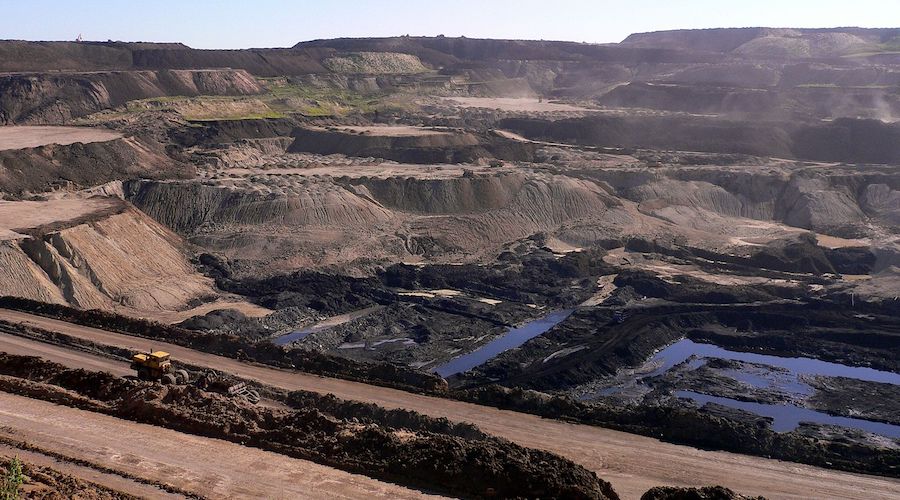China state planner says to ensure gas, coal supplies ahead of cold spell

China’s central economic planner, the National Development and Reform Commission (NDRC), called on Monday on companies to step up imports of spot liquefied natural gas (LNG) and thermal coal to ensure energy supplies ahead of an expected cold spell.
Demand for natural gas, a key heating fuel for the winter in China’s north is expected to surge as a cold snap is forecast from Monday to hit large swaths of the country’s central, northern and eastern regions, causing temperatures to drop by as much as 10 to 12 degrees Celsius.
Apart from raising imports of LNG, which already hit a record in November, the recent start-up of a pipeline extension to the Power of Siberia project is pumping in an additional 10 million cubic metres of Russian gas a day, the NDRC said.
To cope with a growing need for power generation amid a cold spell, top coal-producing regions like Shanxi and Inner Mongolia were urged to expand mining
The resumption of a fire-hit gas receiving terminal in southern Guangxi province is also going to boost supplies of the imported fuel.
Underground gas storages and LNG tanks along the east coast had by Dec. 24 held nearly 10 billion cubic meters of gas, or about 70 days of cover, said the agency.
To cope with a growing need for power generation amid the cold spell, the agency urged top coal-producing regions like Shanxi and Inner Mongolia to expand mining and also called for prioritizing rail transport of coal.
China has reported power squeezes in the provinces of Hunan, Jiangxi and Zhejiang since early December, as a robust economic recovery, cold weather as well as supply bottlenecks of renewables sent power loads to near-record highs.
Power consumption has in the past few weeks been expanding at 11% over a year earlier, and power loads at 20 provincial grids have been rising at double-digit pace.
A rush to meet lagging energy saving goals has led to rare power rationing in the city of Yiwu in the eastern manufacturing hub Zhejiang province.
“Currently power supply has returned to normal in Hunan and there is no more power rationing in Jiangxi,” said the agency.
Daily coal transport by railways has hit a record exceeding 80,000 freight cars, the agency said.
(By Min Zhang, Shivani Singh and Chen Aizhu; Editing by Tom Hogue, Louise Heavens and Emelia Sithole-Matarise)
{{ commodity.name }}
{{ post.title }}
{{ post.date }}




Comments